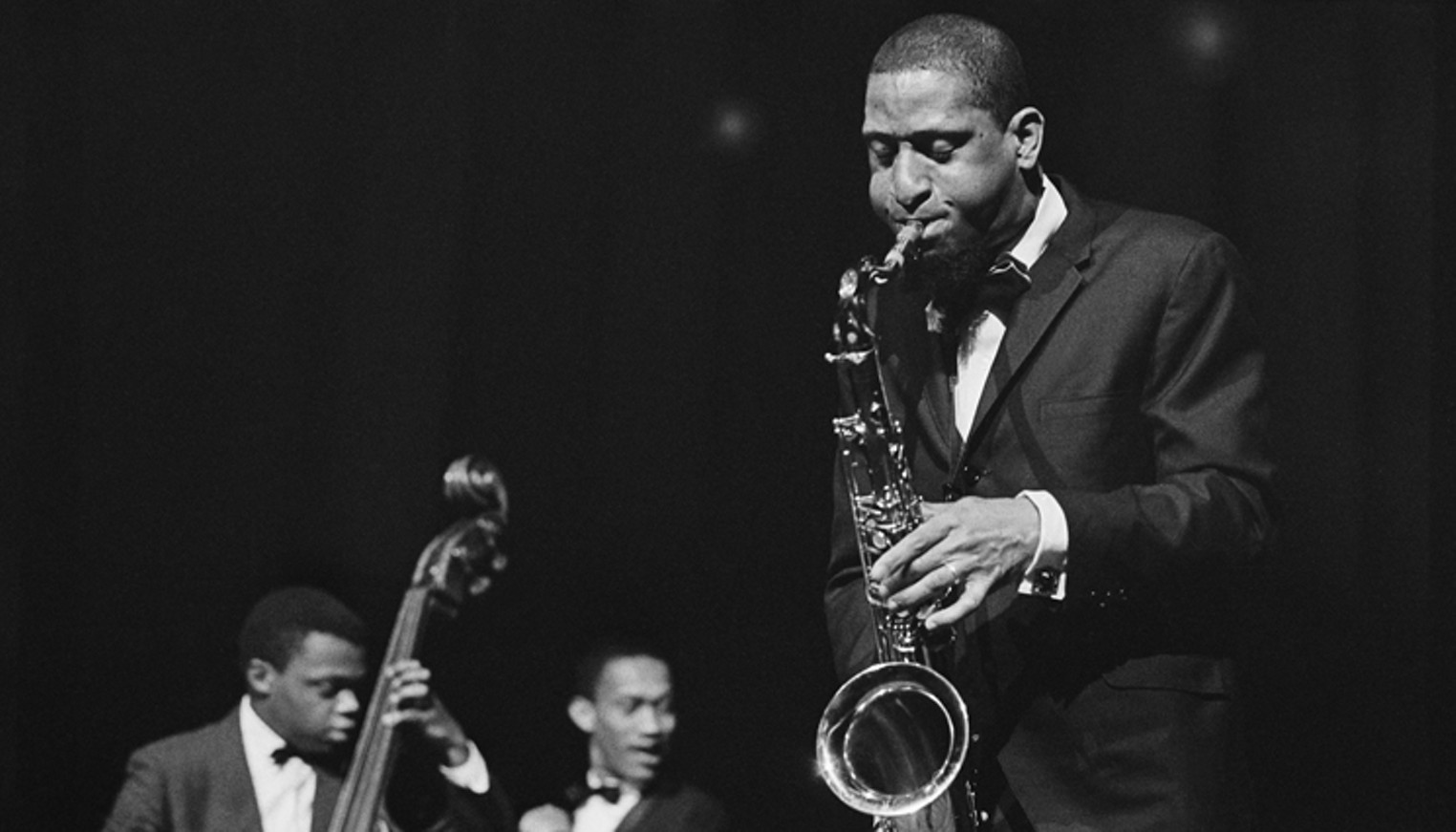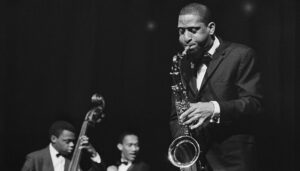Author Aidin Levy recently published an extensive biography of Jazz saxophone icon Sonny Rollins titled: Saxophone Colossus: The Life and Music of Sonny Rollins. While his status as one of the greatest players in Jazz is universally acknowledged, even by many non-aficionados, less well known is his interest in Rosicrucianism. When you think of it, the accounts of Afro-American esotericists are scarce on the ground in mainstream society and even occulture despite the importance of such figures as Pascal Beverly Randolph (perhaps the key pioneer in sex magick as well as the transition from Spiritism to Ceremonial Magick. Anyway, here’re a few samples:
Let’s talk a little bit about the path that brought you to that point with Buddhism. I know you’ve mentioned that you first were exposed to those ideas in the 1950s. Can you tell that story of how that came on your radar?
In my own life, as I told you, I’ve always had an inner feeling of this spirituality, of this spiritual world. I used to investigate the Rosicrucians. The Rosicrucians are sort of a metaphysical group who claimed to have their origins back in Egyptian times. At any rate, they used to advertise in popular magazines of the day—and I remember Woody Allen, the comedian, in one of his movies, was telling his girlfriend, “Well, I wouldn’t believe in anything that I could read in the back of a popular magazine, an advertisement …” So I was in the Rosicrucians for awhile, I attended some of their meetings. It was very interesting, I read a lot of their books and their lessons and so on. It was an interesting introduction to metaphysics. And then as time went on, I began to get into yoga, and Buddhism was somewhat always there—even before I started doing any practicing of Buddhism, I never did any Buddhist classes or studied Tibetan Buddhism or other kinds of Buddhism—I always felt this strong spiritual emotional tie to Buddhism. And of course when I was in Japan I did visit some Zen Buddhist monasteries.
When you went to India — this was in the late ’60s — it was at a time when you famously took sort of a sabbatical from playing and recording. What was it that triggered you to reach out in these other directions in that way?
I was into many things. I was into Rosicrucianism, I studied Buddhism, Kabbalah, even — I was really into those philosophies of life, as were some of my compatriots. We were trying to find a way to express life through our improvisations. The music has got to mean something. Jazz improvisation is supposed to be the highest form of communication, and getting that to the people is our job as musicians.
I’m not supposed to be playing, the music is supposed to be playing me. I’m just supposed to be standing there with the horn, moving my fingers. The music is supposed to be coming through me; that’s when it’s really happening.
https://www.wbur.org/npr/309047616/sonny-rollins-you-cant-think-and-play-at-the-same-time.
As an epistolary writer Sonny was particularly prolific, with numerous correspondents. He wrote passionate love letters to his wife Lucille, but he also wrote everyone from Coleman Hawkins to members of Congress and presidents. Many letters are written on “The Sonny Rollins ‘Yoga for Americans’ Club” letterhead; sometimes he affixed a Rosicrucian seal.
https://tidal.com/magazine/article/sonny-rollins-writer/1-90549


